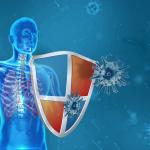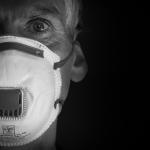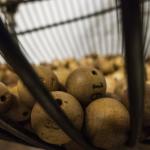With US public health officials recommending COVID-19 booster shots for all Americans this fall, the internet is awash in claims that the original vaccines proved to be ineffective against the circulating SARS-COV-2 variants.
SARS-CoV-2
Stories like this one continue to fill my news feed: Why refusing the COVID-19 vaccine isn’t just immoral – it’s ‘un-American.'
If you want to find “evidence” that the COVID-19 vaccines are deadly, you don't have to look very hard. New blog posts, videos, news stories, and social media posts hit Google every day, and they all follow the same formula.
The CDC caused an uproar in late July when it again recommended that fully vaccinated individuals mask up to reduce the spread of the SARS-COV-2 Delta variant. We published two articles in response to the agency's new guidelines. Dr.
Are you an adult capable of making informed decisions to protect your health? If you live in New York City, the answer is “no.” That's because NYC is all but requiring its residents to get a COVID-19 vaccine.
Donuts, beer, college scholarships, cash, trucks, and even guns.
The suggestion that children should be vaccinated against SARS-COV-2 has triggered outrage and anxiety across the internet.
What should social media companies do to stem the spread of “misinformation” on their platforms?
# Reprinted with permission. The original article can be read in Human Events.












